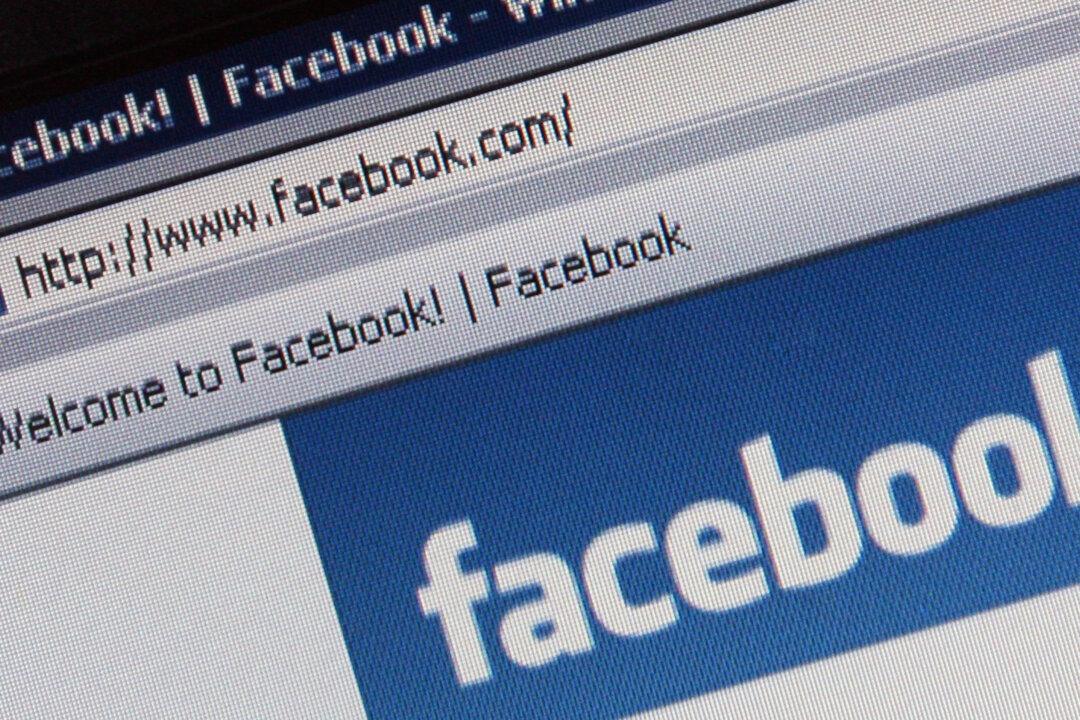Facebook’s 2.4 billion monthly active users will soon be able to appeal takedown decisions to a new “oversight board” that its CEO once likened to a “Supreme Court” that will have the power to override the company’s own content-moderation decisions, Facebook announced Sept. 17.
“If someone disagrees with a decision we’ve made, they can appeal to us first, and soon, they will be able to further appeal this to the independent board,” Facebook CEO Mark Zuckerberg wrote in a letter, according to Ars Technica. “As an independent organization, we hope it gives people confidence that their views will be heard and that Facebook doesn’t have the ultimate power over their expression.”





